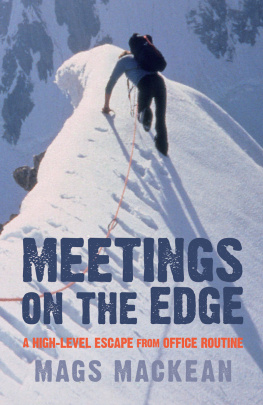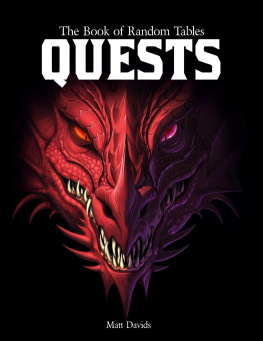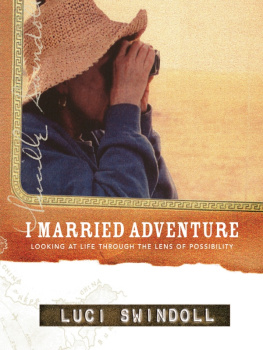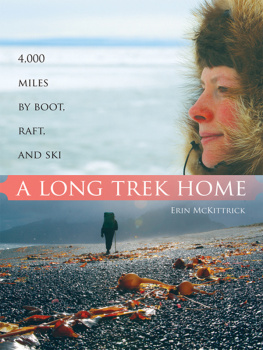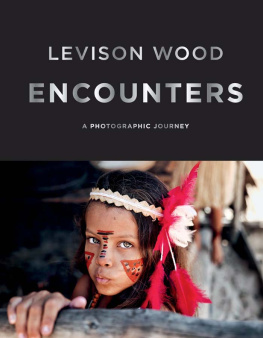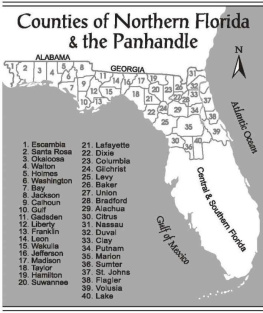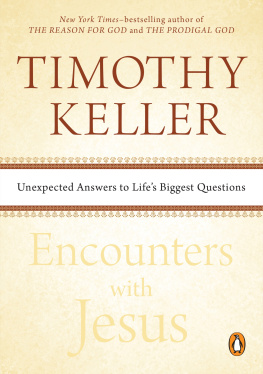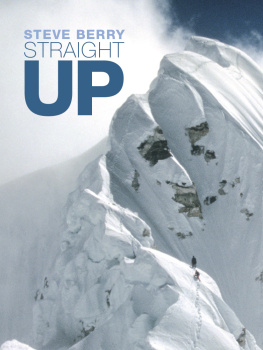MEETINGS ON THE EDGE
A HIGH-LEVEL ESCAPE FROM OFFICE ROUTINE
MAGS MACKEAN
For Gaylord and Beast
CONTENTS
ACKNOWLEDGEMENTS
Writing a book is a solitary commitment. Thats why an author needs inspiration and support from friends and family. Ive been very fortunate in both. Throughout my life, in my travels and adventures, countless people have influenced me with their enthusiasm and quest for fulfilment.
I would like to thank Jules Fineham and Giles Trussell at Glenmore Lodge in Aviemore, who encouraged me to pursue my mountaineering dreams. The stream of practical advice at Glenmore was essential for my planning for the Pyrenees traverse. Kate Murray helped me to see maps as allies, not only as the route to understanding landscapes. My first mountain mentor, Sonam Llama, a former Bhutanese monk and guide in Nepal, inspired me with his natural wisdom and passion for climbing.
Ive spent wonderful times on alpine trips and in remote, boggy places with Richard Smith, Jamie Whittle, Gavin Lang, Jamie Reid, Walter McAllister, Amanda Dengis, Ian Davidson and David Henderson. Thank you David and Horbs too for planting the seed of the Pyrenees trip as we tried to think of every mountain cure for my growing unrest on the windswept Cuillin Ridge. Little did we know then how plans for the traverse would flower in the coming months! Simon Willis shared his considerable knowledge of long-distance hiking and generously offered to share all his equipment to save me expense and time. Ravi Kumar, my instructor at the US-based National Outdoor Leadership School (NOLS) has become a great friend as well as a mentor.
My thanks to the continual encouragement of Sara Hunt in the early draft of this book; her positive input and bright ideas spurred me on. My insightful readers, Franklin Ginn, Rebecca Hanley and Martin Shaw were hugely supportive. Also Heather and Hugh Carling and Margaret Howard who produced some excellent illustrations of the Pyrenees during the books planning. Thanks too for all the love and support of Dinah Wood, Mairi Clark, Murray Shanks, Linda Little, Lou Egan, Rachita Singh, Jean Thomas, as well as my three older sisters, Sal, Liz and Jane. My editor, Morven Dooner, with her enthusiasm and sharp eye was indispensable at the final stages of the book.
Lastly, I want to pay tribute to the humour and forbearance of my parents, Tom and Muriel MacKean, to whom this book is dedicated. They never once sighed over piles of pages to be scanned there and then by their grammar-sensitive eyes. Thank you for welcoming me back home to write and take over your tower. I was relieved by your apparent pleasure when I informed you of my intention to write another book and that our routine could be faithfully observed a second time round.
Mags MacKean, Titchfield, 2008
AUTHORS NOTE: The height of a mountain is given in metres (m) with feet (ft) in brackets in metric parts of the world. Mountains in America are the other way round as theyre measured in feet first with metres in brackets.
The camps on Mount McKinley/Denali for example, are named according to their height: Camp 11, at 11,000ft (3,353m), or Camp 14, at 14,000ft (4,267m).
PROLOGUE
Just after midnight. The cold, thin air at Kibo hut leaves everyone eager to get moving. Bulky in down, we set off slowly in staggered groups. A line of fluorescence snakes upwards as head-torches beam on the patch of scree in front. The sky, a huge canopy of stars, dwarfs the continents highest point, Kilimanjaros summit. I am impatient, moving so slowly; resent this throng. I strike out ahead with one of our guides, a twenty-one-year-old called Clay.
We understand with a glance when the other needs to catch breath. Every two steps up the scree, we slide back a foot. Never frustrating, only rhythmic. Up and up, scrambling fast. Everything else has stopped. There is nothing but movement. It is called flow, like the transcendental experience of a mind-altered state. Fully engaged in each unfolding moment we work our way upwards. The shooting stars tearing through the glittering skies drive us to move faster.
It is too cold to rest at Gillmans Point, half an hour from the top, where many turn back with altitude sickness. We scramble on over endless rocks until, at last, we reach the summit known as Uhuru. It is hard to grasp that this is the roof of Africa and that for these few moments, it is ours alone. The glacier creaks as it slowly recedes, the only movement in the stillness. Looking out at the vastness, the impressive form of Mount Kenya breaks up the thin purple arc of dawn stretching across the horizon.
Hundreds of feet below, the snake of glowing lights labours on up the long steepness. Together, alone and triumphant, the camaraderie of shared experience is exhilarating. Laughing, while grabbing my hand as if to shake it, Clay calls me Simba, adding for my bemused benefit, In Africa, we have a saying: Lion woman you strong.
As we race down the scree ten feet at a time, hand in hand, I know I have glimpsed a depth of life demanding to be explored.
Even if youre going to live another three thousand
more years, or ten times that, remember: you cannot
lose another life than the one youre living now, or
live another one than the one youre losing.
Marcus Aurelius,
Emperor of Rome (121180AD)
INTRODUCTION
TRIGGER POINT: 2003
The grim report of the stalemate between the United Nations and Saddam Hussein blasts around the empty office for the second time in three hours. The Allied case against the Iraqi regime is building, as mediators try to work magic in the countdown to war. The world watches as diplomats, leaders and analysts debate on radio, television and online. Journalists in every newsroom follow the twists and turns too. During the night, news continues to roll, until the newsgathering machine cranks into life again. Its hard to figure a fresh top line for BBC Radio Scotlands flagship breakfast show. As overnight editor I need to prise out the subtleties of diplomacy in deadlock. More frustrated and exhausted talking heads from both sides; more weary warnings and denials of guilt. The biggest story of the times is on a loop. As the rain lashes in the blackness outside and the bare branches of an overgrown plane tree rap against the window, I remember that my life is on a loop too.
I sift through a pile of embargoed press releases on my desk. More research linking shift working to depression and lowered life expectancy. Not for the first time I ask how I got here. A team of production helpers and presenters will soon arrive, expecting neat, crisp piles of newly printed programme scripts that they will transform into the breakfast broadcast for households around the country. Sipping strong, fresh coffee to stay awake, I glance at the tattered map of the Cold War world, taped to the wall opposite. Its shaded halves of simmering imperial tension are out-coloured by the mosaic of interwoven blues and greys, greens and oranges, which talk of oceans, continents and mountain ranges.
It is easy to forget that Scotlands wild landscape is only a short drive away from this office. So quickly the city sprawl changes into somewhere timeless. The primitive outline of the Campsie Fells to the north of the city hints at the Highlands beyond. That is what I am really here for, what drew me to this place, what took me away from the drudgery of a city at sea level and the unhealthy patterns of an all-consuming London life. All these were broken as my love of mountains and climbing became more pressing. None of my friends really understood, rolling their eyes at my latest holiday venture, where gradient mattered as much as a destinations wild beauty.

